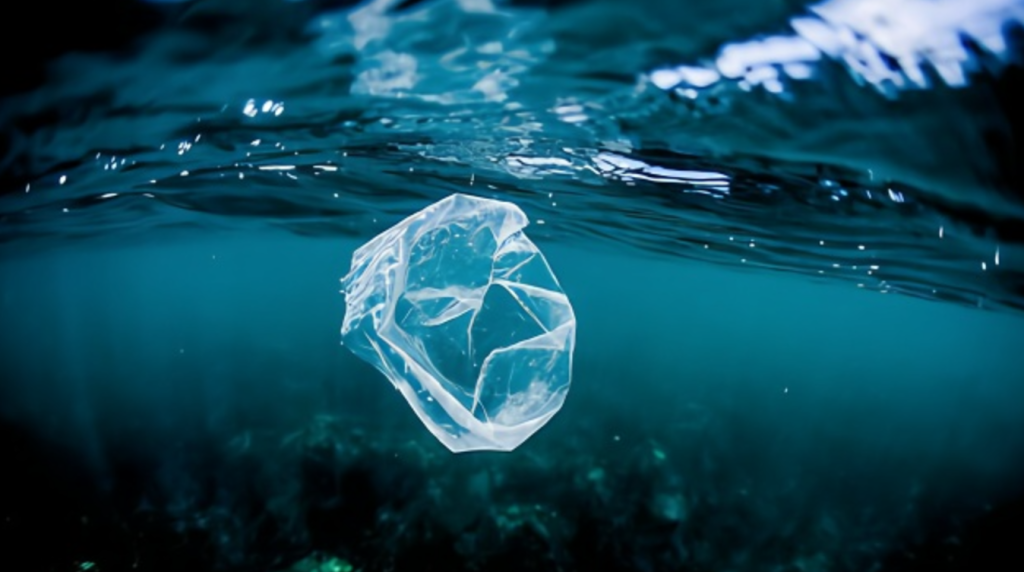December 1, 2024 – A groundbreaking discovery in the field of plastics has been made by a research team led by Professor Takuzo Aida from the University of Tokyo and the RIKEN Center for Advanced Science and Innovation. The team has successfully developed a new type of supermolecular plastic that is both durable and environmentally friendly. This innovative plastic not only matches the strength of traditional plastics but also degrades in seawater, offering a promising solution to the pressing issue of marine microplastic pollution.

Traditional plastics have become a global challenge due to their unsustainability and severe environmental impact. While some recyclable or biodegradable plastics are currently available on the market, their degradation in the marine environment is often unsatisfactory, leading to the formation of microplastic particles smaller than 5 millimeters that pose a threat to marine life and human health. Professor Aida’s team has overcome this challenge with their new supermolecular plastic.
The unique feature of this novel plastic lies in its salt-bridge structure. By precisely constructing selective and irreversible cross-linking structures, the research team ensured the plastic’s stability under normal conditions. However, when exposed to seawater containing electrolytes, the salt-bridge structure rapidly disintegrates, enabling swift degradation. This crucial discovery not only addresses the issue of material instability caused by reversible bonds in supermolecular plastics but also provides new insights into developing environmentally friendly plastics that decompose under specific conditions.
During the research process, the team observed a liquid-liquid phase separation phenomenon when two monomers were mixed in water. Through desalination treatment, they obtained a new strong and durable plastic, named “SP.” This plastic not only boasts a Young’s modulus comparable to thermosetting plastics but can also be reshaped at temperatures above 120°C, demonstrating high physical cross-linking density and rheological behavior.
Notably, the new plastic excelled in recycling experiments. The research team successfully recovered a significant portion of the monomer components by dissolving the plastic in saltwater, indicating exceptional recycling efficiency. This means that the plastic is not only environmentally friendly but also economically recyclable.
Professor Aida stated, “We have created a whole new family of plastics that are strong, stable, recyclable, versatile, and, most importantly, do not produce microplastic pollution.” This research achievement not only marks a revolutionary change in the plastics industry but also contributes significantly to protecting the environment and promoting sustainable development.
Furthermore, the research team has extended the application of this supermolecular polymer to polysaccharide-based ChSPs, further enhancing its environmental performance and biocompatibility. In the future, this novel plastic is expected to find wide applications in various fields, contributing to the construction of a greener and more sustainable world.














